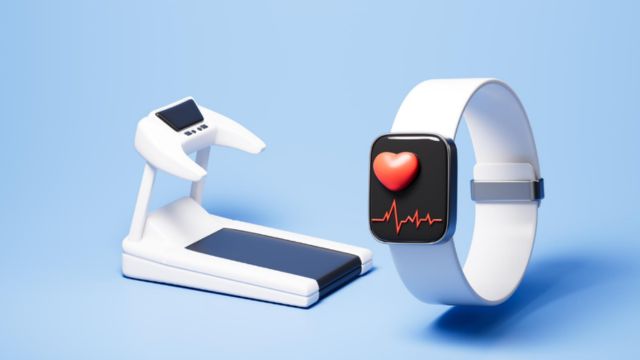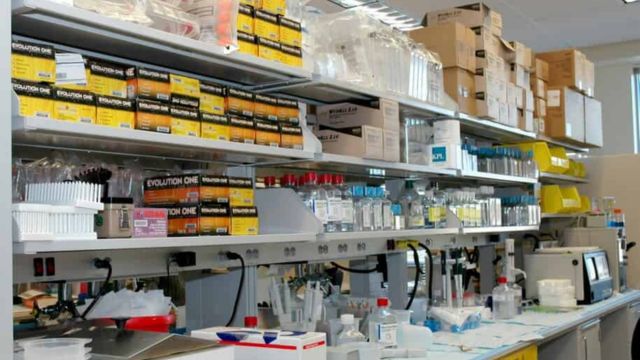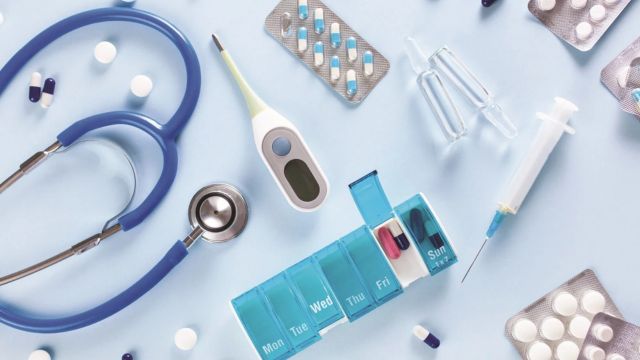Healthcare systems all around have been transformed by the fast developments in wearable technologies and digital health. From wearable health-monitoring devices to real-time patient data management, technology’s inclusion into healthcare has opened the path for creative ideas in diagnosis, treatment, and patient care. Clinical engineering, a critical discipline guaranteeing the safe, efficient, and effective use of medical technologies, is at the core of this change. Design, implementation, and maintenance of digital health tools and wearable devices depend critically on clinical engineers who guarantee they fit healthcare standards, laws, and best practices.
With an eye towards their obligations and contributions to the medical device sector, this paper will investigate how clinical engineers might shape the future of wearable technology and digital health.
1. Ensuring the Integration of Wearable Technologies
The creation of wearable technology such fitness trackers, heart rate monitors, glucose meters, and even smartwatches that can measure several health variables marks one of the most important effects of digital health. Design, integration, and testing of these devices are handled by clinical engineers to guarantee they satisfy industry standards for healthcare and deliver correct data for medical professionals.
To guarantee these wearables offer reliable data and easily fit into healthcare systems, they work with software developers, device makers, and healthcare practitioners. Their efforts include verifying the functioning of equipment, evaluating sensor dependability, and guaranteeing that data flow is safe and conformable with privacy regulations.
2. Regulatory Compliance and Safety Standards
Ensuring that all digital health technologies—including wearables—comply with healthcare rules like FDA and ISO standards falls on clinical engineers. This entails thorough testing and quality assurance procedures to confirm that equipment work as expected and are safe for patient usage.
Clinical engineers must, for example, make sure a wearable device satisfies particular criteria on electromagnetic compatibility (EMC), biocompatibility, data security, and user safety before it is let into the market. They also keep an eye on the gadgets following deployment to guarantee ongoing adherence to changing rules and standards.
You may like this: Sustainable Practices in Clinical Engineering: Reducing Waste and Energy Use
3. Data Management and Interoperability

Especially wearables, digital health tools create enormous volumes of patient data. Ensuring that this data is faithfully gathered, securely sent, and correctly maintained in electronic health records (EHR) systems depends critically on clinical engineers. They help to guarantee that wearables’ data is compatible with other healthcare technology so that doctors may have a whole picture of a patient’s medical past.
Their knowledge in data management guarantees that data stays accurate and unaltered, which is crucial for basing wise treatment decisions on a patient. They also guarantee that wearable gadgets interact well with healthcare systems, therefore facilitating smooth information flow between patients and doctors.
4. Maintenance and Troubleshooting of Digital Health Devices
Wearable health technologies depend on frequent maintenance to guarantee best function, much as all medical equipment. Digital health device maintenance, calibration, and repair falls to clinical engineers. Their efforts help to guarantee that wearables keep offering correct data over time, which is absolutely vital for managing chronic diseases such diabetes, hypertension, and cardiovascular disease.
They also create wearables’ troubleshooting procedures so that, should gadgets malfunction, medical personnel may promptly spot and fix problems.
5. Innovating with New Technologies
Clinical engineers are often at the forefront of innovation in healthcare technology. As wearable devices evolve, clinical engineers work closely with R&D teams to design next-generation devices that offer more advanced features, enhanced patient comfort, and greater clinical utility. Their expertise is invaluable when it comes to integrating AI, machine learning, and big data analytics into wearable technologies to improve predictive healthcare and enhance patient outcomes.
6. Clinical Support and Training
With the widespread adoption of wearable technologies in healthcare settings, clinical engineers also provide critical support to healthcare professionals and patients. They offer training on how to properly use wearable devices, troubleshoot issues, and interpret the data collected by the devices. Clinical engineers may also assist in patient education, helping patients understand how wearables can support their health management and treatment plans.
7. Ethical and Privacy Concerns
As wearable technologies collect sensitive health data, clinical engineers also play a role in addressing the ethical and privacy concerns surrounding digital health. They ensure that data is transmitted securely, follows HIPAA regulations, and that patients’ consent is obtained before their data is used. They also ensure that these devices do not compromise patient autonomy or create any privacy risks.
You may also like this : Future Trends in Clinical Engineering: Top Innovations to Expect in the Next Decade
Conclusion
From design and integration of devices to guaranteeing regulatory compliance, data security, and continuous device maintenance, clinical engineers play a multifarious role in digital health and wearable technology. Clinical engineers will remain essential in maximising their performance, guaranteeing patient safety, and fostering healthcare innovation as digital health technologies develop.
Their knowledge not only helps wearable technologies to be functional and safe but also enables healthcare providers to give more individualised, effective, and data-driven treatment. Clinical engineers are greatly helping to shape healthcare going forward by realising the possibilities presented by digital health.
With the most recent changes in digital health, clinical engineering, and wearable technologies, keep ahead of the curve. Subscribe to our newsletter for in-depth information on medical supplies and technical advancements, industry trends, and perceptive pieces. Keep informed, keep ready, and improve your knowledge with JandJ Supplies.








